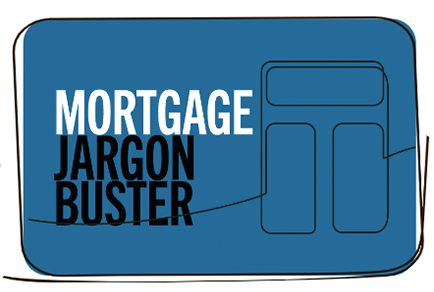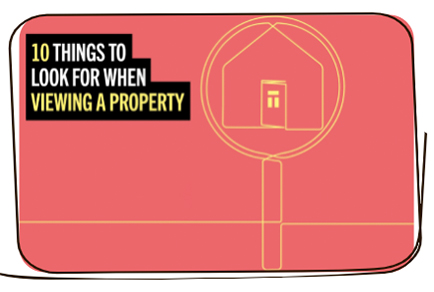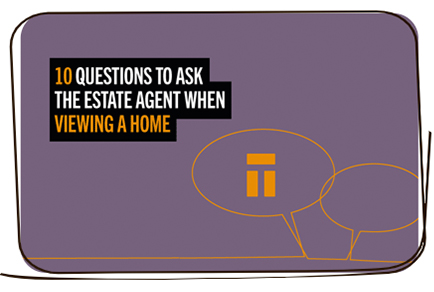There are already so many things you have to consider and research while on your home-buying journey, so we have collected a bunch of words or phrases you may come across, to help simplify the process.
Chain
A chain is a sequence of people buying and selling property, where each sale depends on the one before it.
Completion
This the last stage of purchasing a property, where the sale is finalised and the property is legally transferred to the new owner.
Conveyancer
A type of lawyer who specialises in the processing of buying and selling property
Decision in principle (DIP)
Sometimes referred to as an Agreement in Principle. This is an initial indication from a lender of how much they could potentially lend to you, so that you have a rough idea when you begin your house hunting.
(Title) Deed
The legal documents that show ownership of a property.
Deposit
The amount of money you directly pay towards your property, while the rest is covered by a mortgage.
Easement
Easement refers to the legal right to use another person’s land for a specific purpose. One example would be if a footpath happens to be on your property/land.
EPC (Energy performance certificate)
Your EPC lets you know how energy efficient your property is from A (very efficient) to G (inefficient)
Equity
Equity is the difference between the current market value of a property and the amount of money the owner still owes on their mortgage.
Exchange of contracts
This is the moment in a property sale when both the buyer and seller legally commit to the transaction.
Freehold
A freehold is when ownership is permanent and applies to both the property and the land it’s on.
Gazumping
This is when a seller accepts a higher offer from another buyer despite initially agreeing to sell to someone else
Gazundering
This a term for when a buyer lowers their offer despite originally agreeing to a higher price.
Gifted deposit
A gifted deposit is an amount of money given to you to cover part or your full deposit. These are often given by family members, and are not loans. To use a gifted deposit you will need to fill out a short form signed by the donor verifying it’s an unconditional gift, and provide evidence of the source of the gift.
Leasehold
When you purchase a lease from a freeholder for the right to live in a property for a set period of time. The property and the land it stands on will still belong to the freeholder, so you won’t technically own the property outright. This is typical when buying a flat or apartment as it is a part of a bigger property.
Market value
The amount something can be sold for in the marketplace.
Memorandum of sale
A written document that states the details of a property sale.
New intruction
A property that is newly listed for sale, this term can only be used for a short period of time.
Stamp duty
This is the tax you may have to pay if you buy a property or piece of land in England or Northern Ireland above a certain price. To find out if how much stamp duty you could owe you can use the
calculator on the government website.
Under offer
This term refers to a property that has received an offer from a potential buyer, and the owner has accepted it however the sale is not yet finalised.
Valuation
Your lender will require a valuation (property survey) to check the value of the property before they will
lend. There are different types of valuation so you should talk to your mortgage advisor and solicitor/conveyancer to find out which valuation is appropriate for the property you want to buy.
Vendor suited
This means that the seller has found a property that they would like to buy. This can mean there is less likely to be delays as they will want to proceed quickly with purchasing their own property
Vetting
This is the process of lenders evaluating the suitability of a person/ property against specific criteria to determine if they will lend to you and secure your mortgage against your property.



